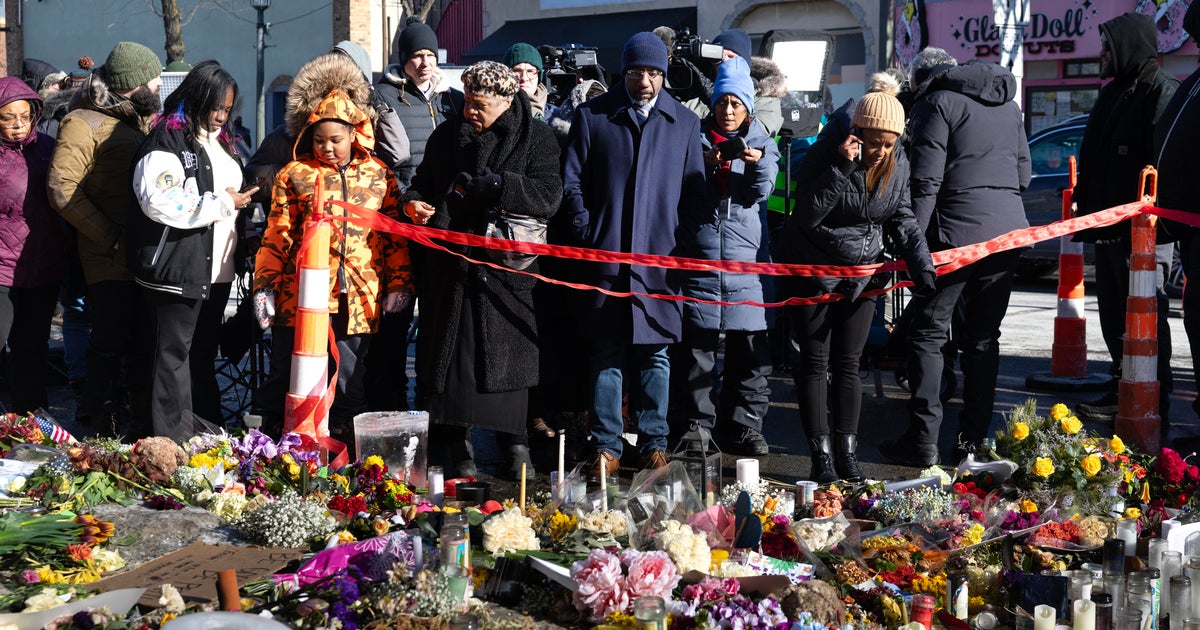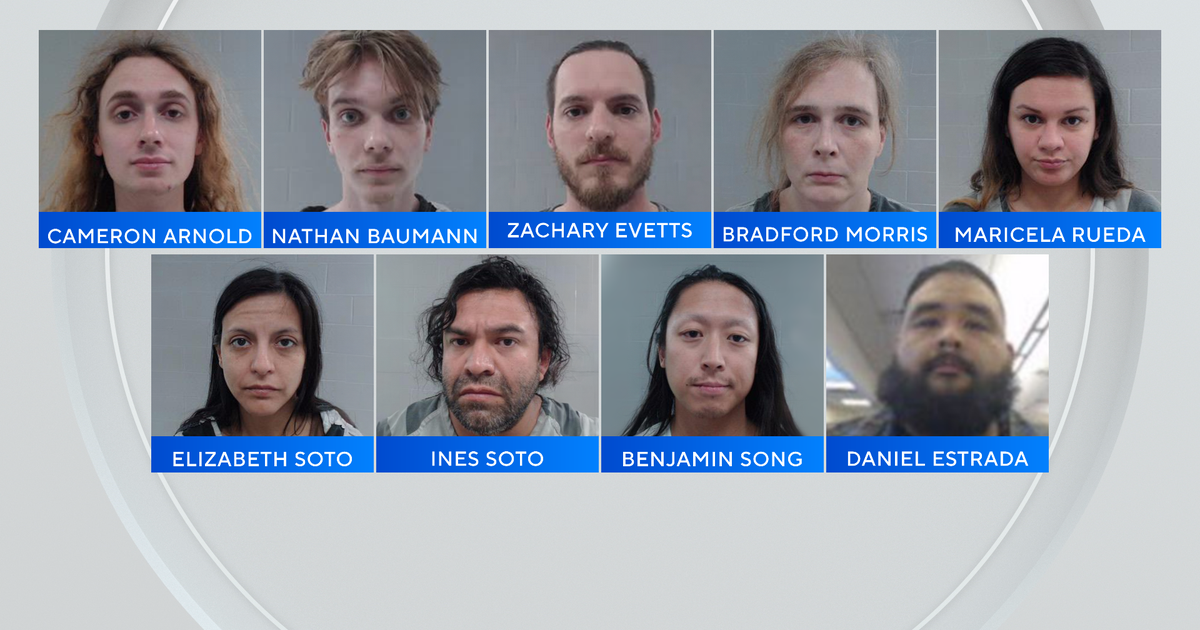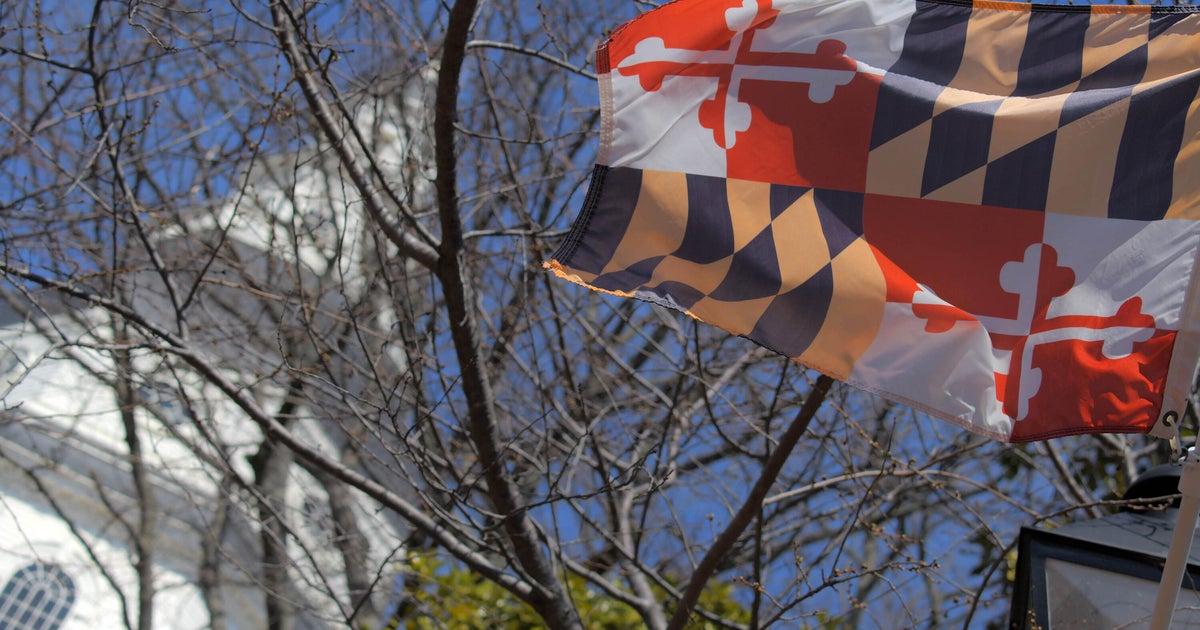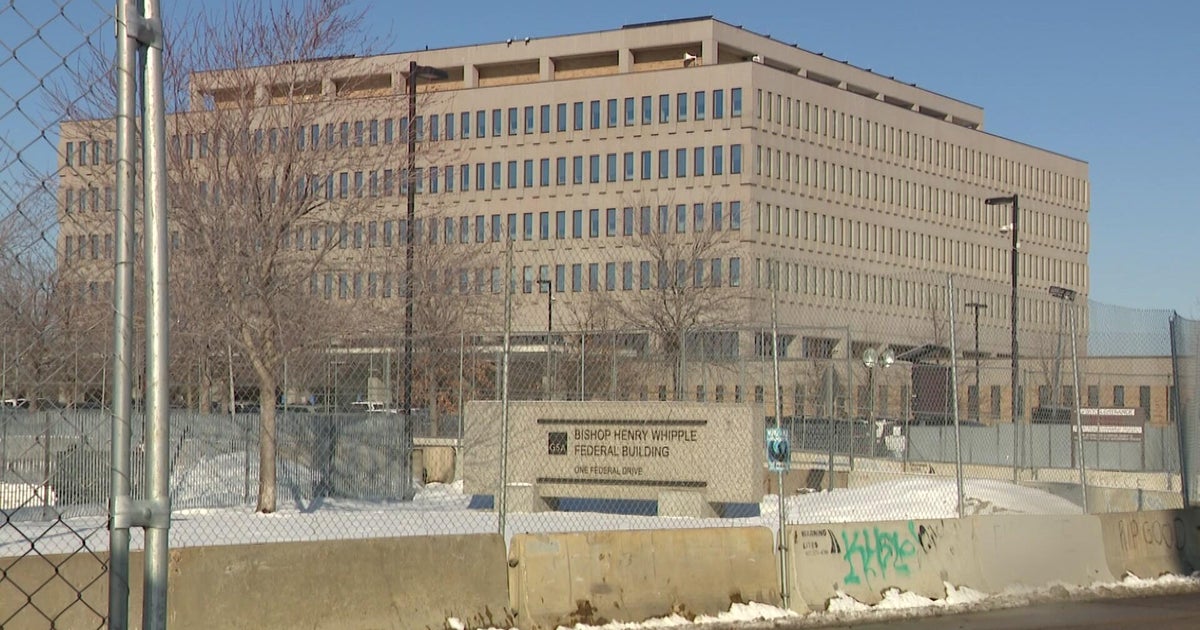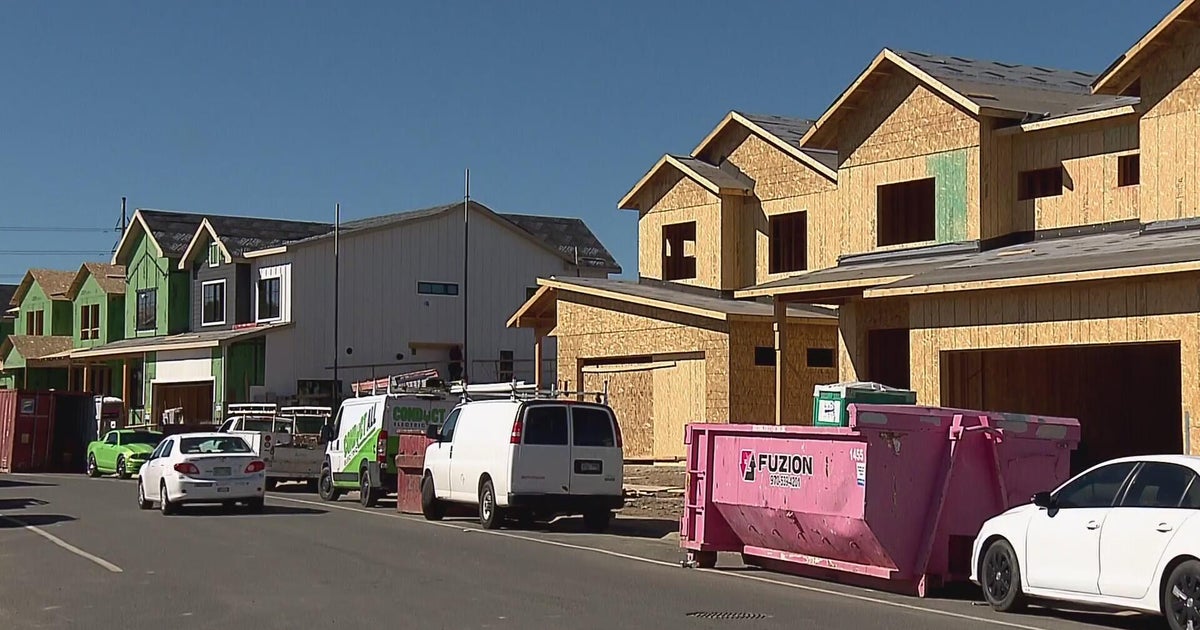More than 7,500 migrants approved to come to the US under new program
MIAMI - More than 7,500 migrants from Cuba, Nicaragua and Haiti have been approved to come to the United States under a program set up by the Biden administration earlier this month.
Administration officials have cited the program for contributing to a drop in border crossings, according to data obtained by CNN.
President Joe Biden announced the program for the three nationalities from the White House this month, describing it as a way for migrants who are fleeing poor conditions at home to migrate to the US from where they are instead of taking the treacherous journey north. Those who don't apply for the program, though, can be sent back to Mexico if they try to cross the US-Mexico border, marking a departure from previous protocol.
The announcement received mixed reviews from Democratic allies and immigrant advocates who welcomed a pathway for migrants to come to the US but criticized the expansion of Title 42, a COVID-era restriction that allows authorities to turn back migrants, to include additional nationalities.
So far, the data indicates that migrants are using the program to migrate to the US instead of unlawfully crossing the US-Mexico border, but the number of people using the program remains low given the hundreds of thousands of migrants moving across the Western Hemisphere.
The data reveals that more than 800 Nicaraguans have been approved, about 2,000 Haitians have been approved and more than 4,700 Cubans have been approved for travel. Applications are pending across all nationalities, and it appears most people are applying from their native country.
Since January 5, when the program was announced, more than 1,700 individuals have arrived in the United States under this process from Cuba, Nicaragua and Haiti, according to a Homeland Security official.
The parole program announced this month builds on a similar effort launched last fall for Venezuelans. Since October, more than 26,000 Venezuelans have been approved to come to the US, according to the data.
Up to 30,000 migrants from Haiti, Venezuela, Nicaragua and Cuba are allowed into the US per month through the program. To qualify, migrants have to have a sponsor in the US and undergo screening and vetting.
Encounters with migrants from the four nationalities declined 97% in January compared to December, officials told reporters this week, citing preliminary numbers.
Border numbers often fluctuate depending on circumstances in the Western Hemisphere, so it's unclear how long the trend will hold. But officials cited new measures, like opening a pathway for migrants to apply to come to the United States, and coordination with Mexico as contributing to the decline in encounters.
This week, Texas Attorney General Ken Paxton, along with 19 other states, argued in a lawsuit that the administration didn't go through the notice and comment rulemaking process before instituting the rule. As a result, the states are asking the court to block the program.

